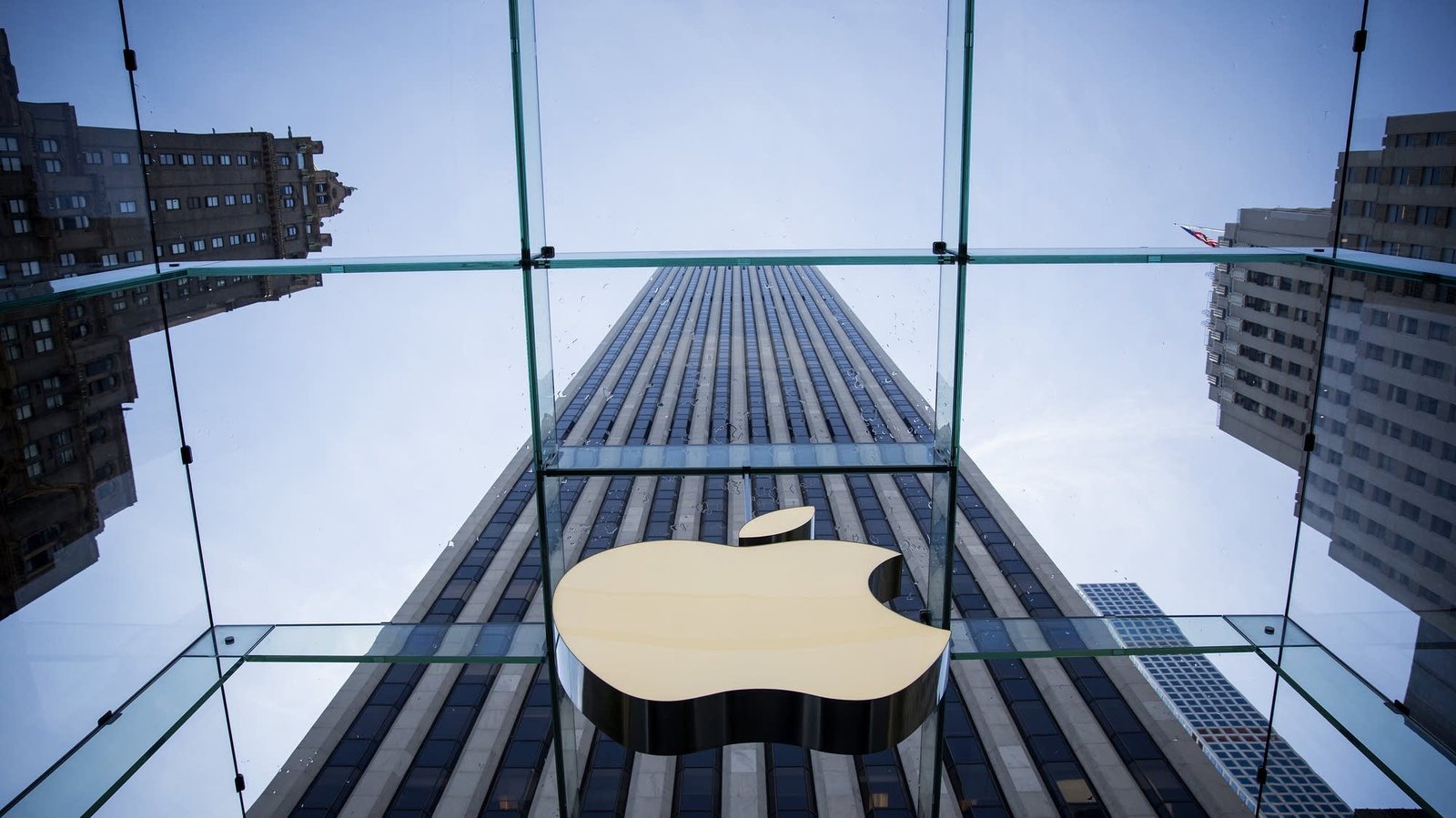Apple on Tuesday will unveil its next line-up of iPhones amid a global trade war that's added a potential price increase to the usual intrigue surrounding the annual evolution of the company's marquee product.
The new iPhones will be the first to be released since President Donald Trump returned to the White House and unleashed a barrage of tariffs, in what his administration says is an attempt to bring overseas manufacturing back to the U.S. — a crusade that has thrust Apple CEO Tim Cook into the hot seat.
If Apple follows the same naming scheme since the product's 2007 debut, the new models will be called the iPhone 17. But the Cupertino, California, company recently deviated from tradition with its naming formula for the iPhone operating system. When the next version of its iOS system was previewed at its developers conference in June, Apple revealed the free update will be called iOS 26 in reference to the upcoming year — a marketing technique that automakers have embraced for decades.
Regardless, these new iPhones are still expected to be made in Apple's manufacturing hubs in China and India, much to the Trump administration's consternation.
Both Trump and U.S. Commerce Secretary Howard Lutnick have repeatedly insisted that iPhones be made in the U.S. instead of overseas. It's an unrealistic demand that analysts say would take years to pull off and would result in a doubling, or even a tripling, of the iPhone's current average price of about $1,000.
Cook tried to placate Trump by initially pledging that Apple would invest $500 billion i n the U.S. over the next four years, and then upped the ante last month by adding another $100 billion to the commitment. He also gifted Trump a statue featuring a 24-karat gold base.
That kind of diplomacy has helped insulate Apple from Trump's most severe tariffs. However, the iPhones being brought into the U.S. still face duties of about 25 percent, stoking speculation that the company will reveal its first across-the-board price increase in five years in an effort to preserve its hefty profit margins.
Since 2020, Apple has charged $800 for its basic iPhone and $1,200 for its top offering, but analysts now believe the company may raise prices by $50 to $100 on some of the new models. If Apple does announce price increases, it will come just weeks after Google held steady on prices for its new Pixel smartphones.
Whatever Apple ends up charging for the next iPhone, the new line-up isn't expected to be much different from last year's model — the first to be designed for a wide range of new artificial intelligence features. While the iPhone 16 has proven to be popular, the models didn't sell quite as well as analysts had anticipated because Apple failed to deliver all the AI-fueled improvements it had promised, including a smarter and more versatile Siri assistant. The Siri improvements have been pushed back until next year.
That has lowered the expectations for this year's line-up, which will likely include the usual improvements in camera quality and battery life on top of a slightly redesigned appearance. The most significant new twist could be the introduction of an ultra-thin iPhone dubbed “Air” — a moniker Apple already slaps on like its sleekest iPads and Mac computers.
The relatively minor updates to recent iPhone models are raising questions about Apple's ability to innovate in the fast-moving era of AI, said Forrester Research analyst Thomas Husson. “Apple is reaching a tipping point, and I expect 2026 and 2027 to be pivotal years."
Apple's AI follies, combined with its exposure in Trump's trade war, have weighed on the company's stock, while the market values of Big Tech peers like Microsoft, Nvidia, Meta Platforms and Google parent Alphabet have been surging.
Although Apple's stock price is still down by 4 percent so far this year, the shares have been bouncing back in recent months amid signs it won't be as hard hit by the tariffs as once feared, and a highly anticipated court ruling cleared the way for the company to continue receiving $20 billion annually to lock in Google's search engine as the default option on iPhones.




